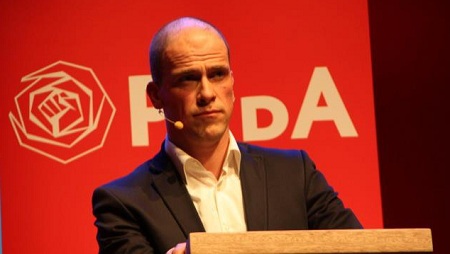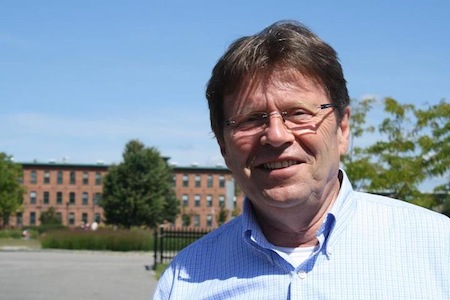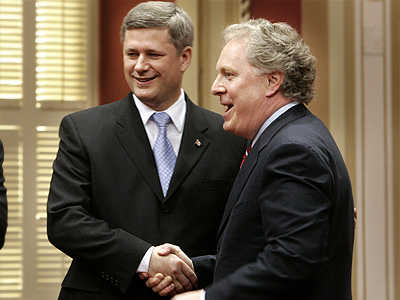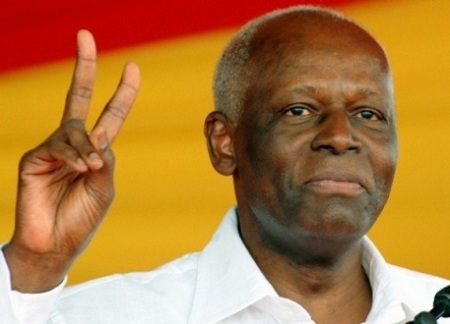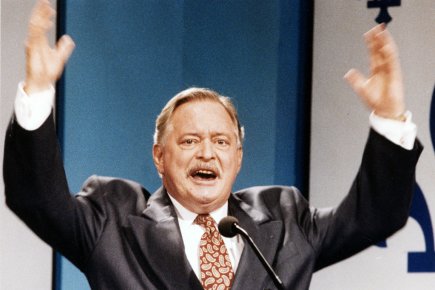Although it’s incredibly, overwhelmingly likely that, José Eduardo dos Santos, Angola’s president since 1979, will be reelected, and his party, the Movimento Popular de Libertação de Angola – Partido do Trabalho (MPLA or the People’s Movement for the Liberation of Angola – Labour Party) will likely retain control of Angola’s Assembleia Nacional, Angola will go through the motions of an election today — its second since the end of a 30-year civil war in 2002.![]()
Notwithstanding the fact that the election is not seen as being free and fair — even yesterday, opposition campaigners were arrested at the at the national election commission in Luanda, Angola’s capital, for trying to obtain credentials to observe voting — one key question is whether the MPLA will retain the 191 seats (out of 220) it currently holds, or whether the opposition União Nacional para a Independência Total de Angola (UNITA or the National Union for the Total Independence of Angola) will be allowed to win more seats. The MPLA and UNITA today are remnants of the two major groups that contested Angola’s civil war. A third group, the Convergência Ampla de Salvação de Angola (the Casa-CE, or the Broad Convergence for Angola’s Salvation-Electoral Coalition), is trying to bring a new, postwar identity to Angolan politics.
Overwhelmingly, the main issue in the election campaign has been poverty — despite Angola’s oil wealth, over 40% of the country’s 18.5 million citizens remains impoverished.
Until we have the results, I’ve linked to Bonga (José Adelino Barceló de Carvalho), one of the most popular musicians in Angola’s samba musical tradition.
Follow Suffragio‘s coverage of the Angolan election here.
